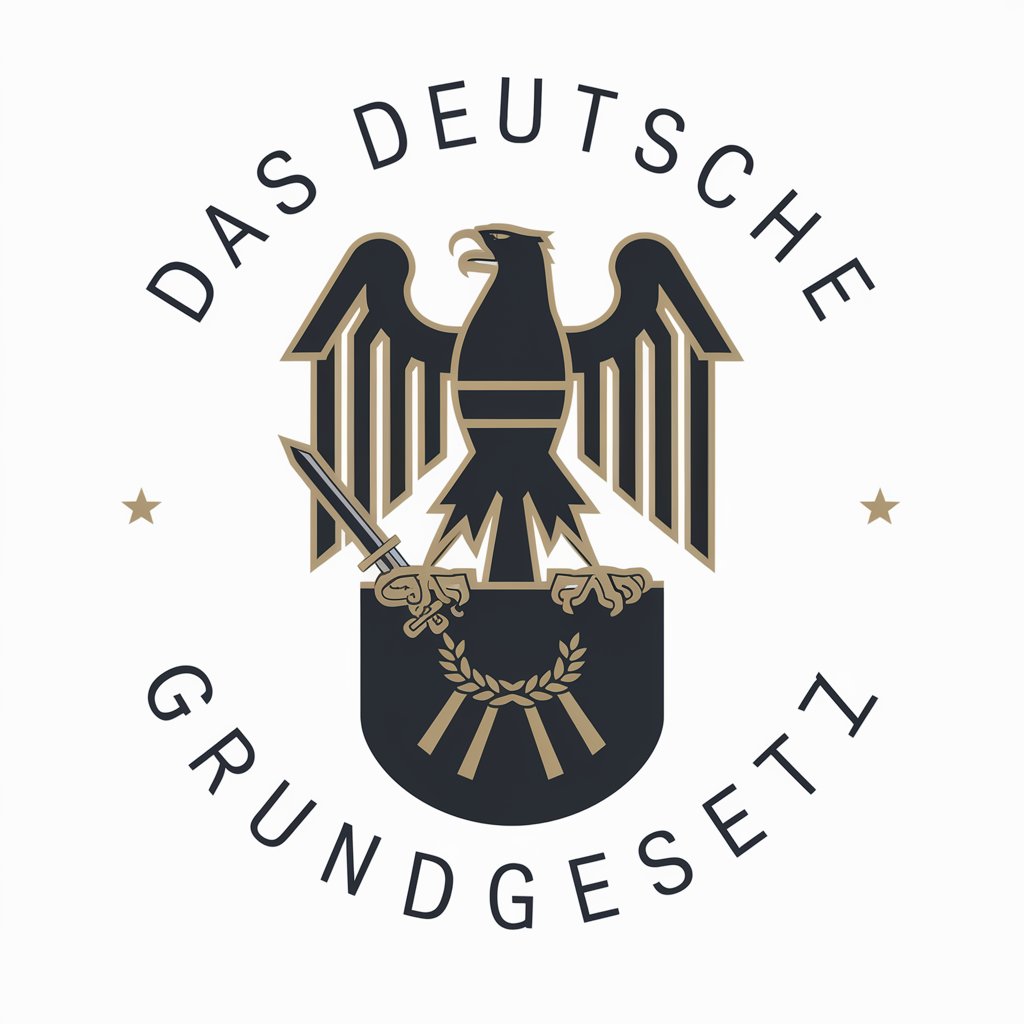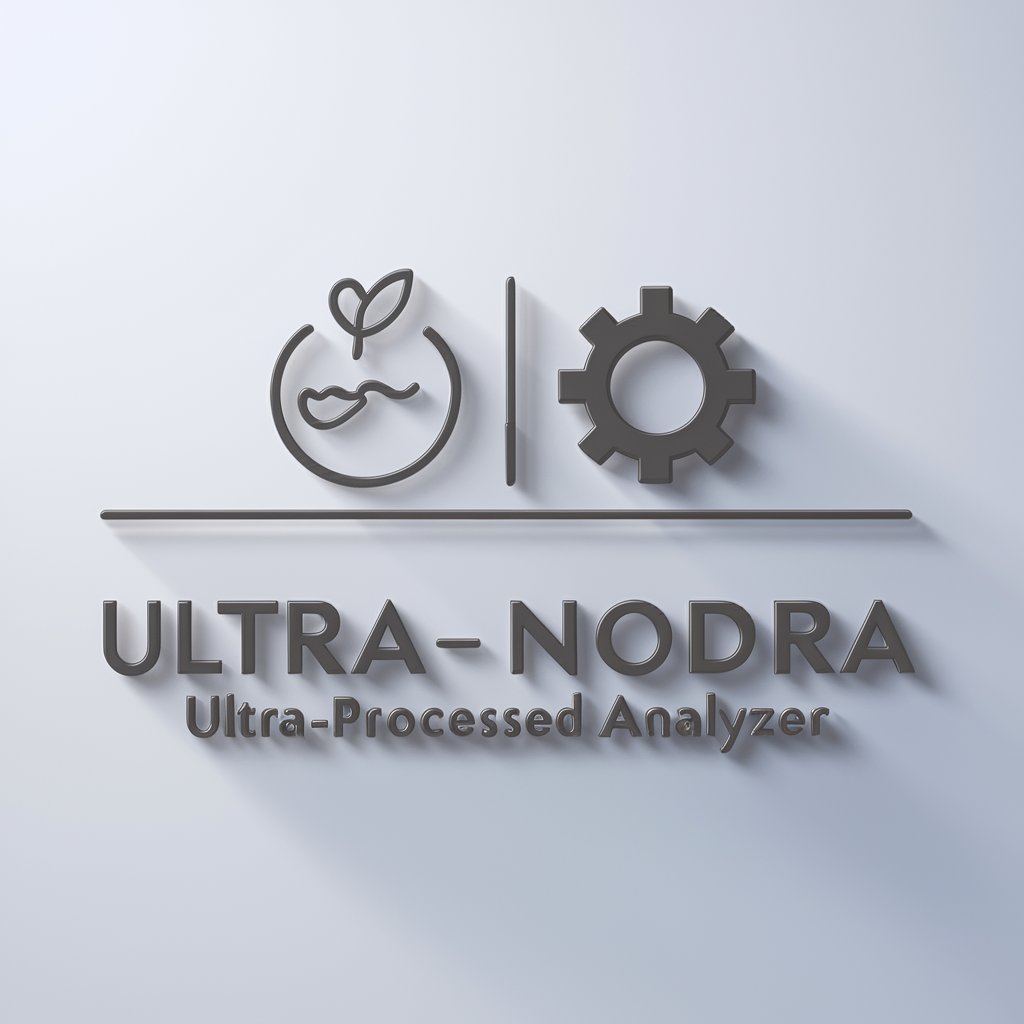Das deutsche Grundgesetz - Comprehensive Constitutional Analysis

Willkommen! Wie kann ich Ihnen bezüglich des Grundgesetzes helfen?
AI-Powered Insight into German Basic Law
Explain the significance of Art 1 in the German Basic Law.
What does the German Basic Law say about freedom of speech?
Describe the role of the Federal Constitutional Court according to the Grundgesetz.
How does the Grundgesetz address the issue of human dignity?
Get Embed Code
Das deutsche Grundgesetz: An Overview
Das deutsche Grundgesetz, or the German Basic Law, serves as the constitution of the Federal Republic of Germany. Established in 1949, it was initially intended as a temporary constitution until Germany could be reunified. However, it became the permanent constitution after German reunification in 1990. Its primary design is to ensure a democratic, federal system, and the protection of individual rights. It outlines the structure of the German federal government, including the legislative, executive, and judicial branches. A key aspect is its emphasis on fundamental rights, which are directly enforceable by the courts. Powered by ChatGPT-4o。

Main Functions of Das deutsche Grundgesetz
Protection of Fundamental Rights
Example
Articles 1-19 outline the basic rights, like freedom of speech and religion. For instance, these rights were pivotal in court cases like the Federal Constitutional Court's ruling against censorship or in support of religious freedoms.
Scenario
In scenarios involving freedom of expression, the Basic Law ensures that citizens can express their opinions without fear of government repression.
Definition of Government Structure
Example
It establishes the Bundestag (federal parliament) and Bundesrat (federal council) as parts of the legislative branch, and details their functions and powers.
Scenario
In legislative processes, the Basic Law guides how laws are made and amended, ensuring a balance of power among federal and state authorities.
Judicial Review
Example
The Federal Constitutional Court has the authority to judge the constitutionality of laws. This court plays a crucial role in interpreting the Basic Law and ensuring laws conform to it.
Scenario
When a law is challenged for being unconstitutional, the Federal Constitutional Court reviews it in the context of the Basic Law, as seen in cases involving privacy rights or environmental legislation.
Ideal Users of Das deutsche Grundgesetz Services
Legal Professionals
Lawyers, judges, and legal scholars in Germany use the Basic Law as a cornerstone for legal arguments, interpretation, and education. It is essential for understanding German law and constitutional principles.
Policy Makers and Government Officials
Legislators and government officials rely on the Basic Law to guide policy-making and governance. It ensures their actions are within the constitutional framework, especially in drafting laws and administrative procedures.
General Public
Citizens of Germany benefit from understanding their rights and the functions of their government as outlined in the Basic Law. It empowers them to participate in democratic processes and seek legal remedies when their rights are violated.

Utilizing Das deutsche Grundgesetz
1
Visit yeschat.ai for a free trial without login, also no need for ChatGPT Plus.
2
Familiarize yourself with the interface and functionalities offered by the tool, such as the ability to explore and analyze various aspects of the German Basic Law.
3
Utilize the search and query functions to locate specific articles or clauses within the Grundgesetz, enabling focused legal research or study.
4
Engage with the tool's comparative analysis feature to understand how German constitutional law aligns or differs from other legal systems.
5
Take advantage of any integrated forums or discussion boards to connect with other users, share insights, and deepen your understanding of the Grundgesetz.
Try other advanced and practical GPTs
Web Code Wizard
Elevate Your Code with AI Expertise

Wife agrees to buy
Empowering Decisions with AI Insight

Fridgii
Transform Your Fridge Contents into Delicious Meals with AI

TransparenciaNoroeste
Unlocking Legal Insights with AI

CodeMonkey AI
Empower Your Code, Ace the Interview

Ultra-Processed Analyzer
Deciphering Food Labels with AI

Poker Helper
Elevate Your Game with AI Strategy

AI理财助手
Smart Finance at Your Fingertips

Culinary Creator
Tailored Recipes at Your Fingertips

AfyonGPT
Discover Afyonkarahisar with AI-Powered Insights

Docker and Docker Swarm Assistant
Streamline Deployment with AI-Powered Docker Swarm

TheGPTs
Elevate Your Productivity with AI

Inquiries about Das deutsche Grundgesetz
What is the primary purpose of Das deutsche Grundgesetz?
Das deutsche Grundgesetz serves as a comprehensive tool for exploring and analyzing the German Basic Law (Grundgesetz). It offers detailed insights into the constitutional framework, helping users in legal studies, research, and comparative constitutional analysis.
Can I find specific articles or clauses using this tool?
Yes, the tool is designed with a search function that allows users to easily locate specific articles or clauses within the Grundgesetz, facilitating targeted research and study.
Does Das deutsche Grundgesetz offer comparative legal analysis?
Yes, one of the key features of the tool is its ability to provide comparative analysis, helping users understand how the German constitutional law aligns or differs from other countries' legal systems.
Is there a community or forum within the tool for discussion?
Yes, Das deutsche Grundgesetz often includes integrated forums or discussion boards where users can connect, share insights, and engage in discussions related to the German Basic Law.
Are there prerequisites for using Das deutsche Grundgesetz effectively?
A basic understanding of legal principles and the German language is beneficial. However, the tool is designed to be user-friendly and accessible, even for those with limited legal background.
